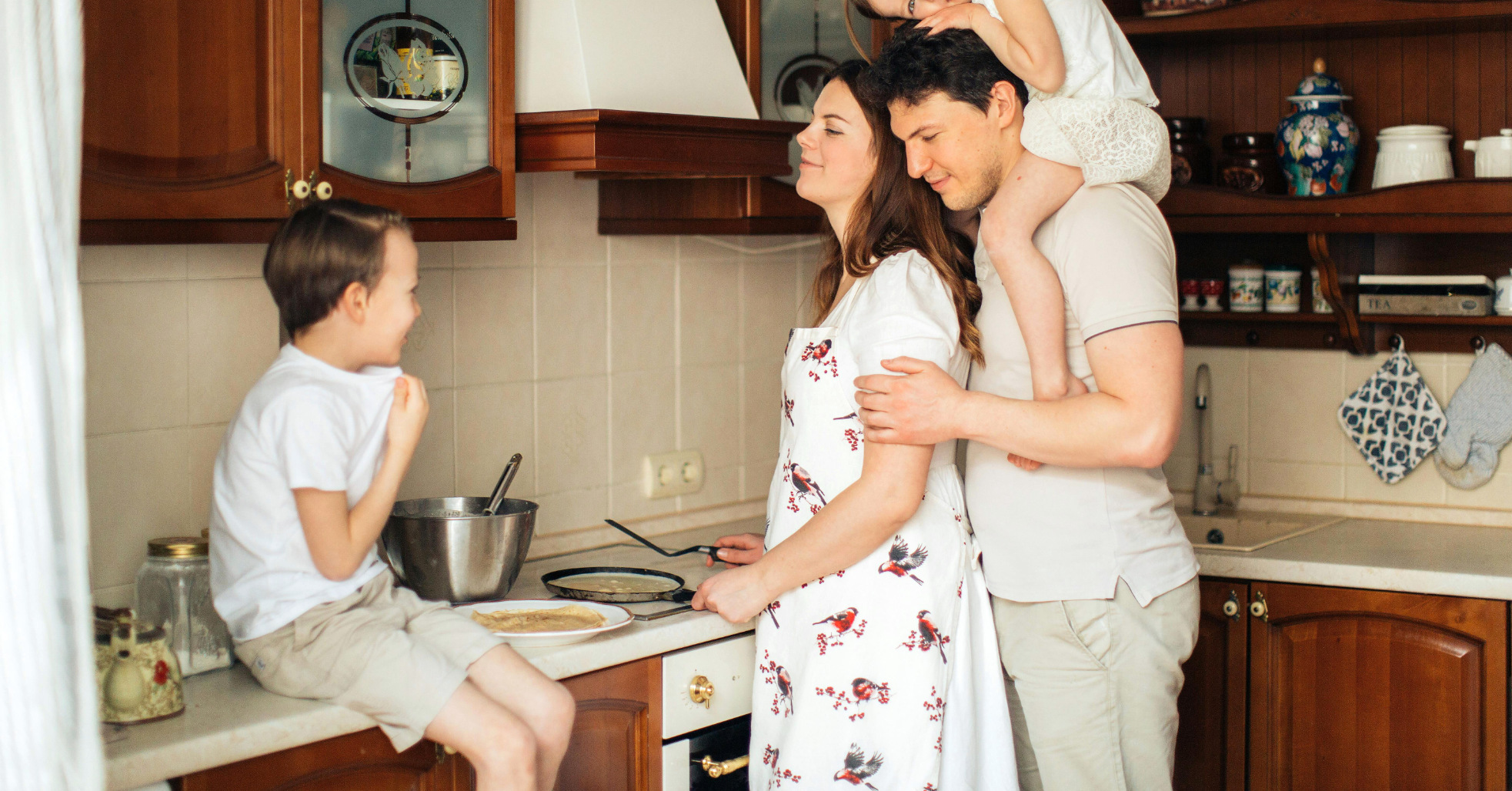“[In Taking Children Seriously] we’re in relationship, not ‘authority’.”
– Brian Hatano
You may or may not like Taking Children Seriously, but as a parent of 3 (10,12,14), the closer my practice is to the philosophy, the better off we are.
TLDR
I was originally a “no-nonsense” parent with the desire to be responsible in raising my children as competent, functioning members of society, and the ability to be strong and independent.
While I still share a similar goal, my approach sucked:
Think of the template that makes good children (I have formal child education training and had taught children for about 7 years). Look at where the world is going (I have a decent personal prediction of tech changes since coding on a computer in 1991). Enforce and encourage, with some kindness, towards good training towards becoming good adults.
This created a lot of resentment and was incredibly draining. I regret those years.
When I was first introduced to Taking Children Seriously, I thought it was the sort of psycho-babble that creates fragile, incompetent adults, who never seem to come out of their toddler stage. The reality is the opposite.
Taking Children Seriously starts with the assumption that people objectively matter, and the children are people, too.
It doesn’t mean pampering, but rather respecting yourself and them as full individuals. In the same way that you would likely be unhappy living as the person your parents originally imagined on your 3rd birthday, there is no reason for us as parents to project our dreams upon our children.
Empirically (through parental analogy), it seems that kids develop faster and more competently when given the opportunity to practice more anarchy and solve their own problems.
It doesn’t mean our presence is meaningless, but we’re in relationship, not ‘authority’.
It also does NOT mean we are push-overs. This may not be consistent with Taking Children Seriously thinking but in my view, we own the house, supply the food, and have rights that don’t get to be infringed on by their every tantrum. I am happy ignoring my kids when I feel they are not respecting boundaries, or enforcing them if really necessary.
One other thing that has been good for me is an attitude of, “the best I can do for my kids is be the best version of myself and be in good relationship with my wife”.
Not sure if this resonates at all, but either way, best wishes in your journey!
P.S. Our raising of children has been in Tokyo, SF Bay Area, and now back in central Japan. The kids have gone to public schools, but we take more of a, “we’ll help you get what you want out of life” approach, than a “you must conform” approach.
See also:
- Questioning natural consequences
- “My child refuses to wear a coat in the cold! Help!”
- A commitment to figuring it out
Brian Hatano, 2024, ‘Speaking as a former no-nonsense parent…’, https://takingchildrenseriously.com/speaking-as-a-former-no-nonsense-parent
